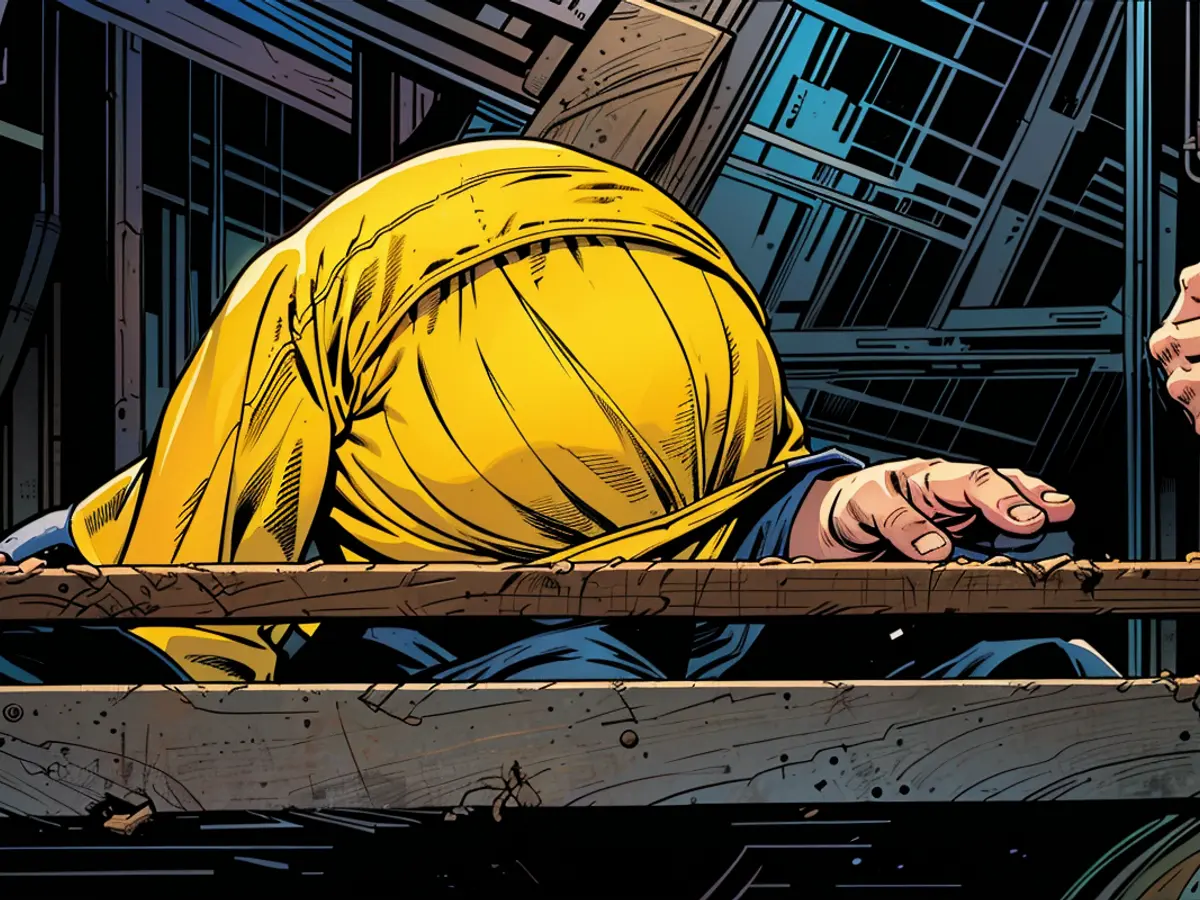Decline in Building Permits Persists in April's Record
In April, a green light was given to construct 17,600 residential units. This brings the total for the first four months of the year to 71,100 units - a 21% drop compared to the equivalent period of the previous year, with 18,900 fewer units built. This statistic covers both new buildings and renovations in existing properties.
The decrease was most notable in single-family houses, down by 32.5% compared to last year. For two-family houses, the decline was 18.3%, and for multi-family houses, it was 20.2%.
The Central Association of the German Construction Industry (ZDB) sounded the alarm, warning that "what's not approved today won't be built tomorrow, leaving a gap in the market for renters and homeowners." They claim that hundreds of thousands more housing units are needed, yet we're "miles away" from achieving that.
Since May 2022, the Construction Industry Federation has observed a consistent downturn in building permits for housing in Germany. This comes as the population has expanded by 3.7 million people. CEO Tim Oliver Müller called for a swift turnaround, stating that the construction industry needs "more space to build more efficiently, cost-effectively, and innovatively."
ZDB CEO Felix Pakleppa pointed towards the political sphere, stating that building could be made cheaper and simpler by allowing construction that is both technologically advanced and necessary to be performed legally. However, he also noted that the requirements for state building subsidies are too high. He suggested a "clear and long-term funding system" for housing construction, which he believes would significantly stimulate the housing market.
High interest rates for construction loans and increased construction costs are the main contributors to the housing construction decline. Last year, 294,400 housing units were completed. The industry forecasts only around 235,000 units to be completed this year. The demand, according to the Institute for the German Economy (IW), is 372,000 units per year until 2025 due to increased immigration.
The German Association of Housing and Real Estate Companies (GdW) warned that the housing shortage is a "social and political time bomb." The growing population frustration is "ully justifiable."
The GdW urgently requested "reliable and long-term support for affordable housing construction." They discarded the notion of a "large-scale interest rate subsidy program" as an inappropriate solution.
Read also:
- According to Destatis's data, a total of 17,600 building permits were issued for residential units in April, showing a downward trend compared to the previous year with a 21% decrease.
- The Central Association of the German Construction Industry (ZDB) has expressed concern over the decrease in building permits, stating that fewer approvals today could lead to a housing market gap in the future.
- In response to the decline in building permits, the Construction Industry Federation has advocated for a turnaround, emphasizing the need for more space and efficiency in the construction industry.
- Destatis reported that in April, Wiesbaden, Germany, saw 17,600 building permits issued for residential units, contributing to the overall decrease in building permits across Germany.







